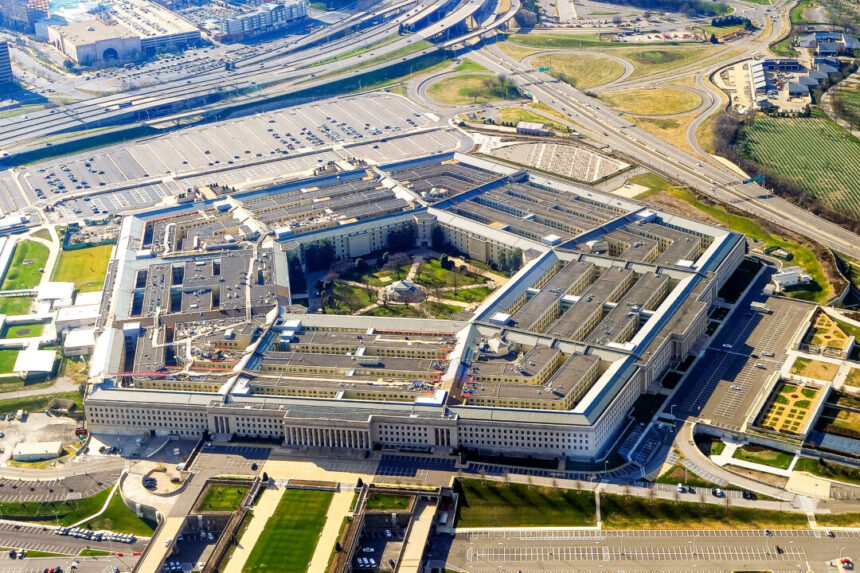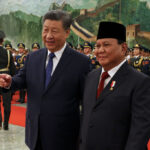Commentary
The U.S. Defense Industrial Base (DIB) is facing a grim situation compared to China’s relentless military output. Despite the Biden administration’s policy statements about meeting defense commitments, the DIB is not expanding its production throughput significantly.
During the engagements in April and October, the SM-3 Missile by Raytheon stood out. Estimates suggest that between 100 and 400 SM-3 missiles were fired at Iranian threats, depleting years of production in just two engagements.
Suits emphasized the challenges within the DIB, where firms face obstacles in investing in production capacity beyond contractual demands, hindering surge capabilities. He proposes establishing GOCOs for military aircraft production as a starting point for a broader program.
Co-Production With Trusted Partner Nations
Aside from GOCOs, co-production agreements with allied nations can increase production capacity mutually. Discussions are ongoing with South Korea, Japan, Australia, the UK, Taiwan, and Israel for collaborative production opportunities.
Multi-Year Contracts With ‘Protected’ Funding
Deputy Secretary of Defense Kathleen Hicks highlighted the importance of stable funding in maintaining a robust DIB. Erratic funding and bureaucratic hurdles have led to businesses leaving the DIB.
Multi-year contracts with protected funding are essential for ensuring better pricing and efficiencies for Government-Owned, Contractor-Operated (GOCOs) facilities and co-production projects. These contracts provide stability for program management and predictability of funding, especially for large acquisitions.
The importance of multi-year contracts with protected funding is evident in the case of the Navy, which has been granted some multi-year authority but is facing challenges due to underfunding. The FY 2025 budget request highlights this issue, with plans to retire 19 ships while only building six new ones, indicating a concerning backward trend.
Embracing GOCOs, co-production, and multi-year funding can pave the way for the success of the Arsenal of Democracy 2.0. It is crucial to prioritize these strategies to ensure efficient operations and optimal outcomes.
Please note that the views expressed in this article are the opinions of the author and may not necessarily reflect those of The Epoch Times.
Source link





